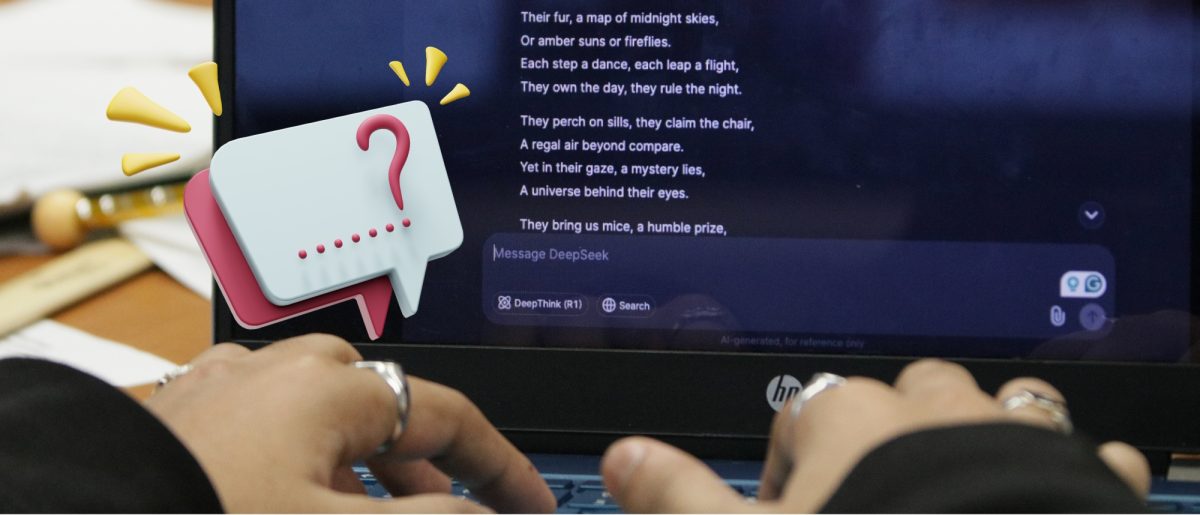Before and after the overturning of Roe v. Wade, the State of Texas has had legislation against abortion, with bills such as the Heartbeat Bill passed in 2021 banning abortions af-ter the detection of a Fetal Heartbeat. Another example would be Senate Bill 8, making abor-tions after 6 weeks illegal and allowing anyone within the state of Texas to file lawsuits on behalf of the state with compensation in damages, earning it the status of a “bounty” system. However, as more means for accessing abortions are resorted to, state representatives have introduced bills to the House of Representatives that seek to limit them, with State Representatives Pat Curry, Nate Schatzline, and Steve Toth targeting access to abortion medication, specifically abortion pills.
In House Bill 991, introduced by Steve Toth in November 2024 and referred to as the “Women and Child Safety Act,” addresses topics relating to “abortion, including civil liability for distribution of abortion-inducing drugs and duties of Internet service providers; creating a criminal offense,” and most importantly, “authorizing a private civil right of action.” This act seeks to limit the manufacturing, sale, and use of abortion medication, using similar efforts as Senate Bill 8 through the authorization of “a private civil right of action” to allow citizens to sue those who assisted in the spread of abortion medication with similar compensation to that listed in Senate Bill 8, including “[providing] information on how to obtain an abortion-inducing [drugs].” When reached out to regarding the legislation, Toth had no comment.
Nate Schatzline introduced similar legislation in December 2024 with House Bill 1651; The bill would target online distributors, covering the “restriction on the sale or distribution of an abortion-inducing drug through an Internet website.” This would further restrict the distribution of abortion medication, expressly detailing the restriction on the delivery of abortion medication “by courier, mail service, or another delivery method to an address in this state unless the person obtains from the patient requesting the drug verification of a physician in this state prescribing the drug to the patient following an in-person medical examination.” Schatzline did not respond to multiple requests for comment.
Mandy Gilligan, a government professor on the Richland Campus of Dallas College found both bills to be “a violation of the equal protection clause of the constitution.”
“It’s discriminatory against particular medications that tend to be prescribed only to women, so to me that would be a violation of the equal protection clause of the US Constitution and the Texas Constitution,” Gilligan said. She added that by restricting access to these medications, it makes it a struggle to gain access to and use the abortion medication before the six-week period established by the Heartbeat Bill. “Especially with the timeline in which you can get an abortion in Texas, it only makes it more difficult…because it compresses the timeline even more,” Gilligan said.
Pat Curry introduced House Bill 1339 in November 2024, which targeted carisoprodol and mifepristone, two medications prescribed in the form of birth control. This legislation would reclassify these medications under Schedule 4, a drug class created by the DEA meaning “drugs with a low potential for abuse and low risk of dependence.” This would make them unable to be sold with a normal prescription due to prescribers only being able to “administer, dispense, prescribe, procure, or store controlled substances in a state if they first hold a DEA registration in that state,” as stated by the DEA’s Diversion Control Division. This could force patients to find new physicians entirely, as their current physician may not have a license to prescribe these medications once reclassified. This can potentially delay care for people across Texas. Curry declined multiple requests for comment.
According to the Food and Drug Administration website, “Mifepristone, when used together with another medicine called misoprostol, is used to end an intrauterine pregnancy through ten weeks gestation (70 days or less since the first day of the last menstrual period).”
However, these medications are also used to treat other conditions, with the MedlinePlus website saying that Mifepristone is also used “to treat a certain type of brain tumor, endometriosis (growth of uterus tissue outside the uterus), or fibroids (noncancerous tumors in the uterus),” and that Misoprostol is “used to prevent ulcers in people who take certain arthritis or pain medicines, including aspirin, that can cause ulcers. It protects the stomach lining and decreases stomach acid secretion.”







